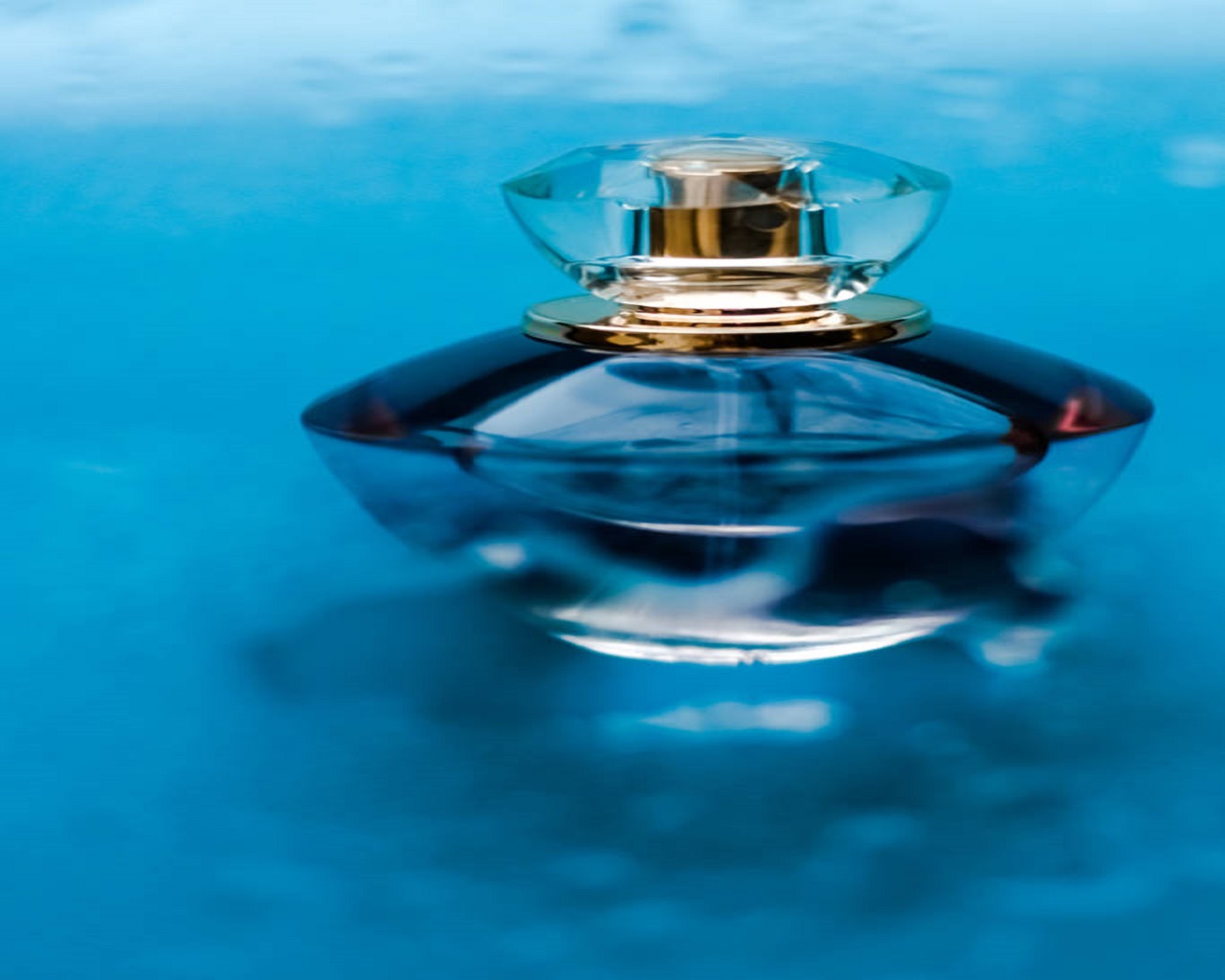IFRA Standards and Certificate of Conformity for fragrances
[vc_acf field_group="1287" field_from_1287="field_5a155fb5628a4"] [vc_acf field_group="1287" show_label="yes" field_from_1287="field_5a1538a612368"][vc_acf field_group="1287" show_label="yes" field_from_1287="field_5a15385612367"][vc_acf field_group="1287" show_label="yes" field_from_1287="field_5a1539cf1236a"] [latest_post type="minimal"...
continue reading



